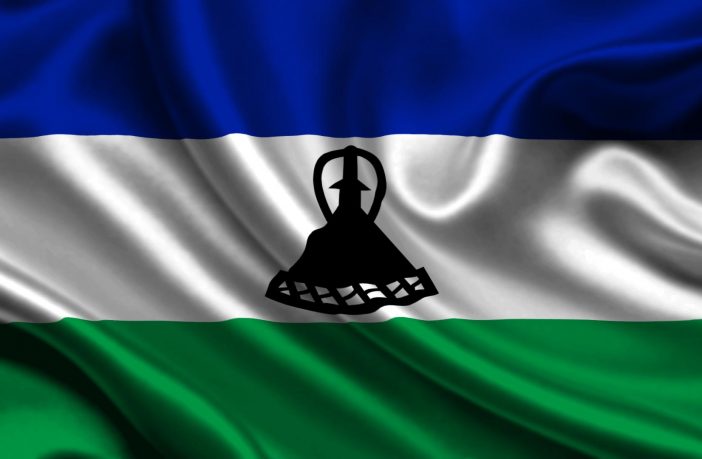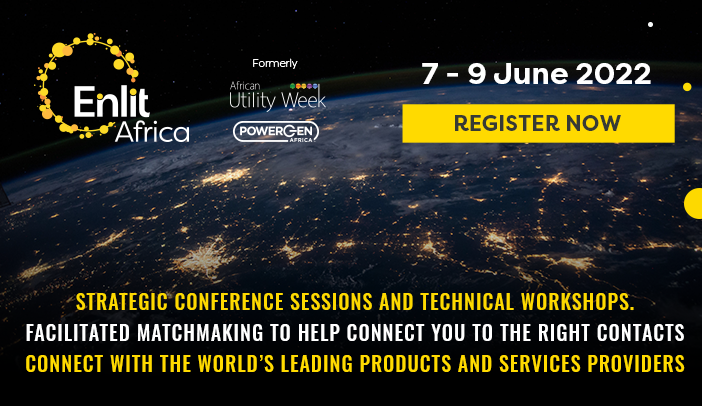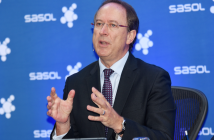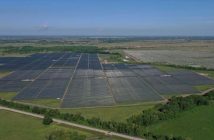The EU-funded Electrification Financing Initiative and the UK-funded Renewable Energy Performance Platform (REPP) have each invested €4.4million ($4.9m) into a project-finance vehicle led by OnePower (1PWR) to build minigrids in Lesotho.
The equity and debt investment into the project vehicle, Sotho Minigrid Portfolio SPV will fund the construction of 11 minigrids in Lesotho with a total capacity of 1.8MW. The minigrids will provide first-time electricity access to 20,000 people and renewable energy to seven health clinics.
Landlocked Lesotho has one of the lowest electrification rates in Africa. Around 62% of its population lacks access to electricity and their rural electrification rate is estimated to be below 20%. Once completed the minigrids should create around 7,300 new connections a generate up to 3,480MW a year. This would avoid emissions of around 2,780 tons of CO2 annually. Around 100 local jobs will be created by 1PWR during the construction of the project and six permanent positions will be created during operations.
1PWR will deploy a host of technological innovations in their solar-battery energy systems, including PV trackers designed and manufactured in sub-Saharan Africa. The company will deploy smart meters optimised for local and off-grid conditions pre-built powerhouses to ensure efficient construction and deployment of generation systems.
Supported by the European programme GET.invest, 1PWR has optimised its financial modelling and minigrids development progress to enable a tariff of $0.33/kWh. This is the equivalent of LSL5 per kWh in local currency, which is an almost cost-reflective tariff but still very competitive by local standards.
It takes a global village to build a minigrids in Lesotho
Both EDFI ElectriFI and REPP (managed by Camco Clean Energy) have previously invested in 1PWR project. EDFI Electrifi signed a development finance loan of €0.1million ($113,262) with 1PWR in 2018 which allowed the organisation to procure a feasibility study that laid the groundwork for the current minigrids portfolio. In 2019 REPP extended a LSL7 million ($450,000) loan to 1PWR to finance the first solar-battery minigrids in Lesotho.
Geoff Sinclair, Camco Clean Energy Managing Director: “Two years ago a REPP loan helped 1PWR to forge ahead with its plans to build Lesotho’s very first solar minigrids and deliver a transformational impact on the underserved community of Ha Makebe. It has been tremendously satisfying to witness the successful completion of that minigrids and there is a real buzz of exciting to now be supporting this next and much larger phase of the project.”
In addition to the EDFI ElectrFI and REPP investment, 1PWR has received grant support from the UN Capital Development Fund and UN Development Programme, Power Africa, EEP Africa and UK AID via the Transforming Energy Access programme, as well as a loan from the Open Road Alliance. Get.invest has provided advisory and facilitation services and Sidley Austin and Covington & Burling through the Thomson Reuters Foundation’s TrustLaw programme have provided legal services.
Author: Theresa Smith

Theresa Smith is a conference producer for Vuka Group.
This article was originally published on ESI Africa and is republished with permission with minor editorial changes.













